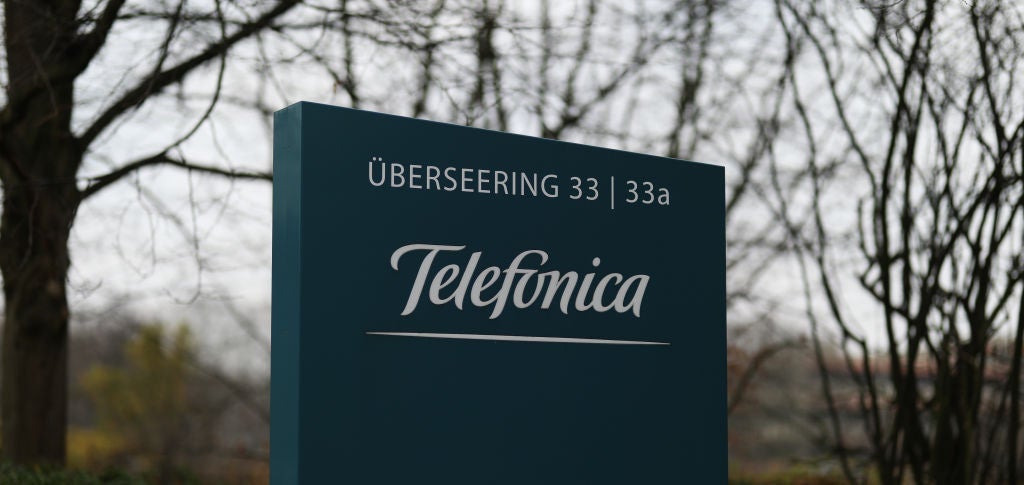
Germany has overtaken the US to become the leading destination country for inbound foreign direct investment (FDI), recording 1,537 projects in 2021, according to the Global FDI Annual Report 2022. In 2020, Germany ranked second for FDI with 1566 projects, 8% lower than the US yet significantly ahead of the UK, France and India, which ranked third, fourth and fifth, respectively. Despite a marginal 2% drop in German FDI between 2020 and 2021, it managed to overtake the US, which experienced a more notable decline of 11%.
In 2021, Germany attracted more FDI than France and India (ranked a respective fourth and fifth) combined and more than triple that of Australia, which is ranked eighth. The US remained the largest foreign investor in Germany, accounting for 16.9% of FDI projects, followed by Switzerland with 10.3% and the UK with 8.1%. China, Spain, and the Netherlands were other notable source countries, each investing in close to 100 FDI projects.
Baden-Wurttemberg ranks as top German state for FDI
Baden-Wurttemberg, a state in south-west Germany and home to major cities such as Stuttgart and Mannheim, was the country's leading state for FDI in 2021 (of Germany-bound investments of which a destination was specified). Baden-Wurttemberg attracted one-quarter of Germany’s FDI projects in 2021, with Nordrhein-Westfalen in western Germany close behind attracting 24%, and Hessen, home Germany’s financial metropolis Frankfurt, third with 14%. At a city level, Frankfurt attracted the most FDI projects in Germany, ahead of other key FDI locations such as Düsseldorf, Munich, Hamburg and Stuttgart. It even attracted 35% more FDI projects than the country’s capital, Berlin.
Major company investments in Germany
Spanish multinational telecommunications Telefónica invested in the highest number of FDI projects in Germany in 2021, ahead of US-based logistics giant Amazon, which placed second. Combined, the companies invested in a total of 96 projects, equating to a 6% market share of Germany's FDI.

US Tariffs are shifting - will you react or anticipate?
Don’t let policy changes catch you off guard. Stay proactive with real-time data and expert analysis.
By GlobalDataIn 2021 Amazon announced it would create 15,000 jobs across countries including Germany, India and Japan, while US-based Farasis Energy and Opel Automobile announced plans for significant German investment. Farasis Energy, a lithium-ion battery manufacturer, announced plans to grow its Bitterfeld-Wolfen production site to become a centre of excellence. The expansion could lead to up to 2,000 additional jobs at the facility. Moreover, Opel Automobile, an automobile manufacturer, and a subsidiary of Netherlands-based Stellantis, announced plans to open a new battery factory at its site in Kaiserslautern. The company expects to start production in 2025 and is expected to create 2000 jobs.
Germany was also the receipt of two $1bn plus investments in 2021. Apple stated that it will make Munich its European Silicon Design Centre, adding hundreds of new employees and a new facility focused on connectivity and wireless technologies. Munich is already Apple’s largest engineering hub in Europe, with close to 1,500 engineers. The expansion in Munich, together with additional investment in R&D, will exceed $1.18bn by the end of 2024.
Also in 2021, Ford Motor announced it will open an expanded electrification production facility in Cologne. The company will be refitting the plant with a $1bn investment to make it its primary electric vehicle facility. Ford aims to electrify the range and, by 2024, all models will have a plug-in hybrid or pure-electric version.
Sector strengths and weaknesses in German FDI
Although Germany benefits from a dynamic and diverse economy, in terms of FDI it relies heavily on a select few industries. Software and IT services was Germany’s leading sector in 2021, attracting 264 projects. Electronics and communications and media ranked a respective second and third with 154 and 151 projects. Combined the aforementioned sectors equated to 37% of German FDI in 2021, highlighting the country’s dependence on these well-established trades.
Business and professional services and industrial machinery are other significant industries for Germany, ranking fourth and fifth in 2021, attracting a combined 168 projects. Germany scored particularly poorly in space and defence in 2021, attracting just one investment, lower than European counterparts France, Portugal and Finland. Likewise, education, engines and turbines and coal, oil and gas attracted a mere 11 projects combined. Germany’s progress in energy transitioning is especially apparent when comparing figures from 2020 to 2021. Coal, oil and gas projects dropped by 55% from nine to four, while renewable energy projects jumped from 17 in 2020 to 30 in 2021.
Outbound German FDI in 2021
The US was top recipient for outbound German FDI in 2021, winning 135 projects. France followed with 109 and the UK ranked third with 85. China and India were the only two countries from Asia-Pacific to rank in the top ten for outbound German FDI, while Mexico was on the only Latin American country to place. The rest of the top ten is made up of other European nations, namely Spain, Croatia, Poland and Turkey. Software and IT services, logistics and automotive were the three leading outbound FDI sectors, equating to a combined market share of 37%, while manufacturing was the key business function, representing 25% of German source market FDI.
Bonn-based telecommunications giant Deutsche Telekom was the leading parent company, investing in 90 outbound FDI projects in 2021. Deutsche Post ranked second with 60 FDI investments and automotive specialist Porsche Automobil Holding ranked third with 31.
Porsche was in fact one of the leading investors in terms of capital expenditure, as its subsidiary Audi announced plans to invest $4.6bn to open a new electric car company in Changchun, China, following a joint-venture deal with FAW Group. The new joint venture will produce pure electric models based on Audi’s high-end Premium Platform Electric, and the first model is slated to enter production in 2024.
Liteauto, an automotive component design and manufacturing company, was the leading investing company from Germany in terms of job creation, mainly through the announcement of its plans to establish a new design and manufacturing facility in Telangana, India. The company will create 9,000 new jobs and will be investing $19.9m in the project. The facility will manufacture magnesium products for cars, commercial vehicles and two-wheelers.
Click to download the full Global FDI Annual Report 2022.







